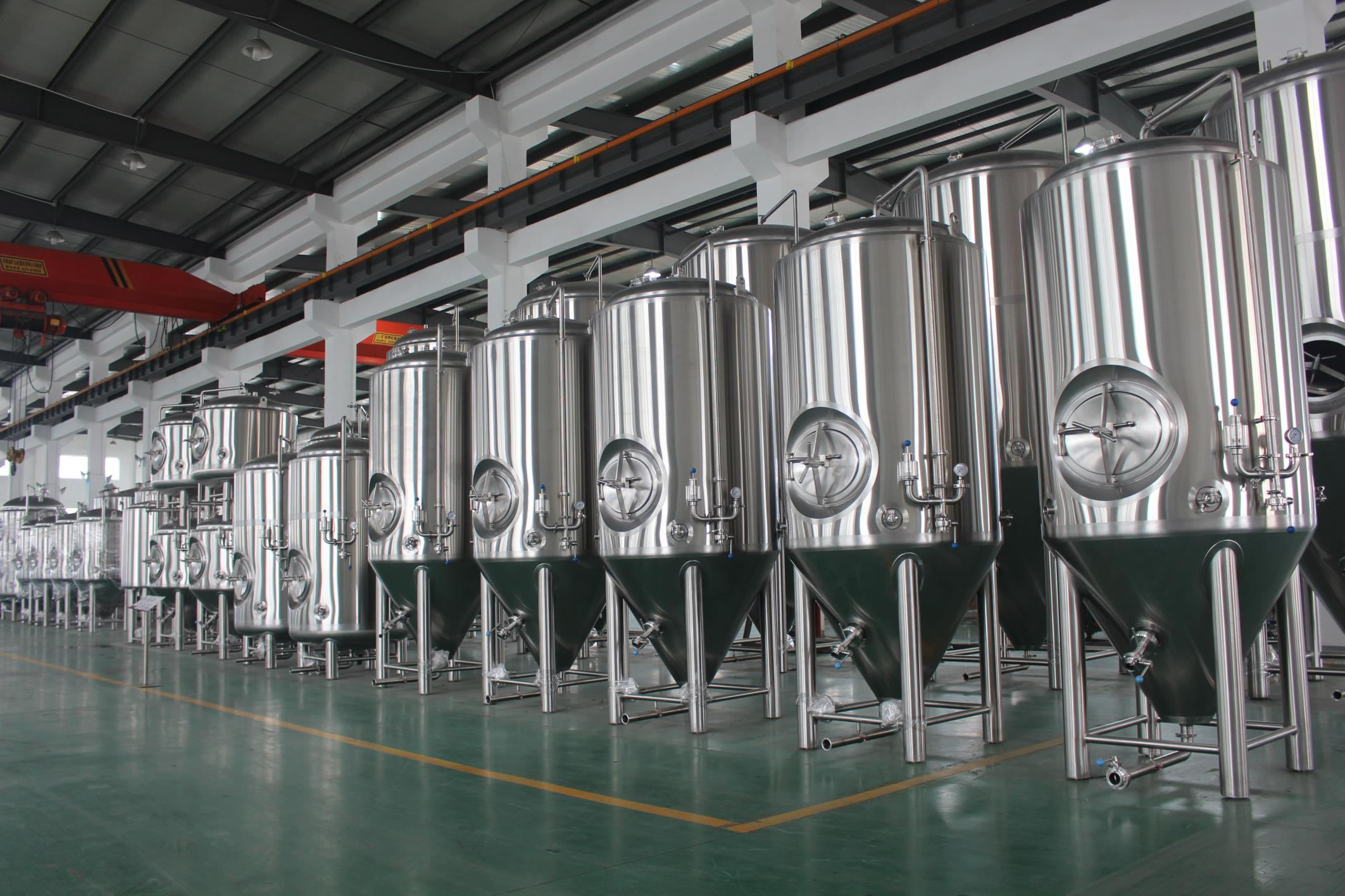Top 10 Brewery Lab Equipment Every Brewer Needs
Overview of Brewery Lab Equipment
Running a brewery without proper lab equipment is like sailing without a compass. Modern brewing labs are packed with tools that test raw materials, monitor fermentation, and analyze the final product to ensure every pint meets the highest standards. Whether you’re a craft brewer or part of a large commercial operation, investing in the right equipment can be the key to thriving in a competitive market.
The Importance of Brewery Lab Equipment
Why is lab equipment so crucial? Think about it: every batch of beer is a delicate balance of water, malt, hops, and yeast. Without proper testing, you risk inconsistencies that could ruin your reputation. Brewery lab equipment ensures:
- Quality Control: Verify the beer’s taste, clarity, and alcohol content match your standards.
- Consistency: Replicate recipes batch after batch, even when raw materials vary.
- Efficiency: Catch problems early, saving time and money.
- Compliance: Meet legal requirements for labeling, alcohol levels, and safety.
With lab tools, brewers can pinpoint issues, innovate confidently, and delight customers every time.
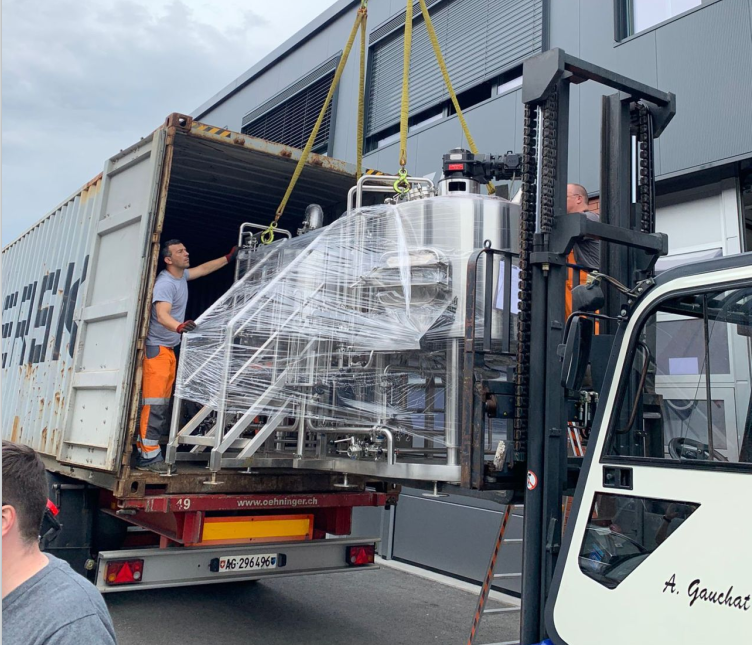
Key Types of Brewery Lab Equipment
Brewery labs use a mix of sophisticated tools, each serving a specific purpose. Here are the main categories:
1. Analytical Instruments
These tools measure key parameters like alcohol content, pH, and carbonation levels. Examples include:
- Alcohol Analyzers: Ensure the ABV (Alcohol by Volume) is accurate.
- pH Meters: Monitor acidity to maintain flavor stability.
- Spectrophotometers: Analyze color and clarity.
2. Fermentation Monitoring Tools
Fermentation is the heart of brewing. Equipment here includes:
- Refractometers: Measure sugar levels before and during fermentation.
- Hydrometers: Monitor density changes to track fermentation progress.
3. Microbiological Equipment
Keep unwanted bacteria and wild yeasts at bay:
- Microscopes: Examine yeast health and cell counts.
- Petri Dishes and Incubators: Test for microbial contamination.
4. Packaging and Shelf-Life Testing Tools
Ensure your beer remains fresh and flavorful over time:
- Oxygen Meters: Minimize oxygen exposure during packaging.
- Carbonation Testers: Measure CO2 levels in canned or bottled beer.
5. Cleaning and Calibration Tools
Proper maintenance keeps equipment accurate:
- Autoclaves: Sterilize lab tools.
- Calibration Standards: Ensure instruments remain precise.
How to Choose the Right Brewery Lab Equipment
Choosing lab equipment can feel overwhelming. Here’s a breakdown of factors to consider:
| Factor | Details |
|---|---|
| Budget | Start with essential tools and upgrade as your brewery grows. |
| Scalability | Invest in equipment that can handle increased production. |
| Accuracy | Look for tools with high precision to ensure consistent results. |
| Ease of Use | Opt for user-friendly equipment to save training time. |
| Durability | Choose robust tools that can withstand regular use in a brewery setting. |
| Supplier Reputation | Buy from trusted brands with good customer support and warranties. |

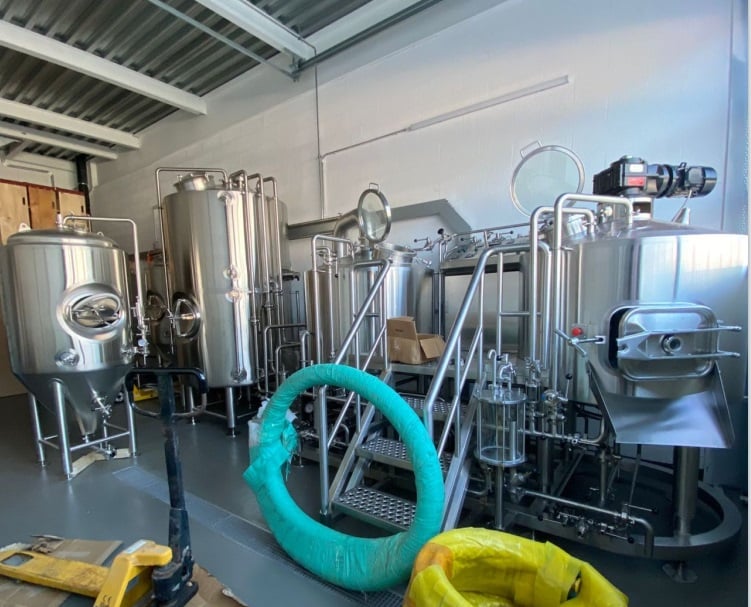
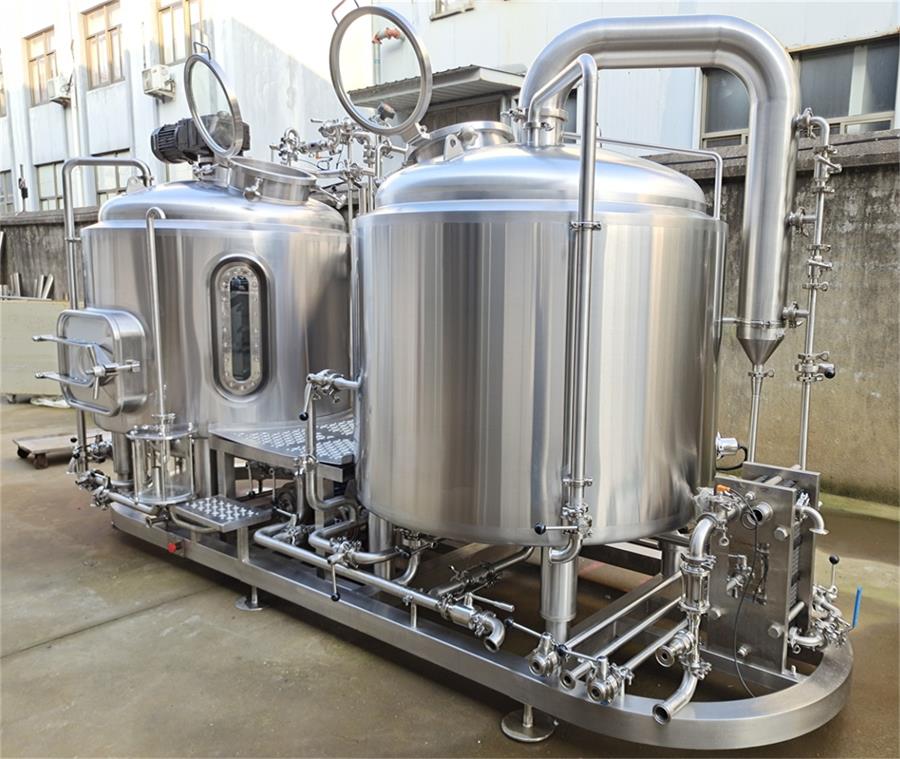
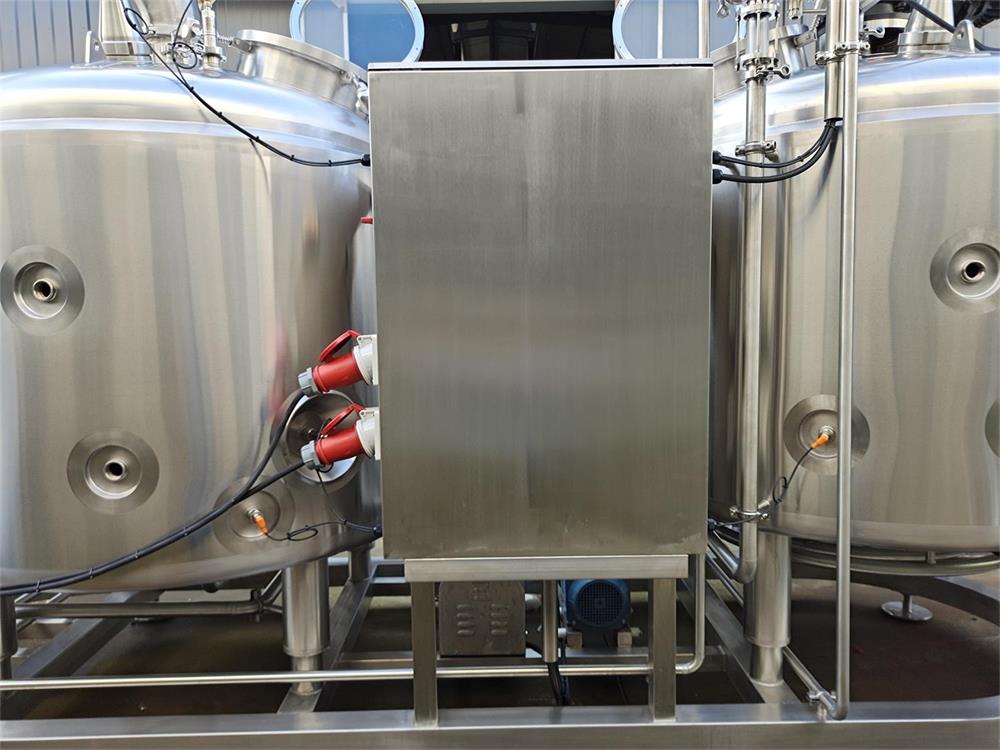
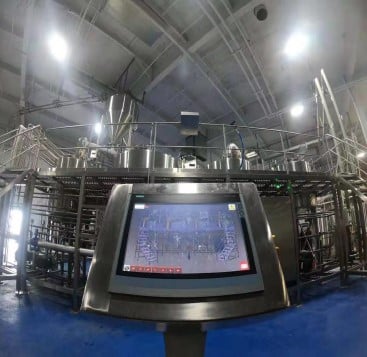

Benefits of Advanced Technology in Brewery Lab Equipment
Modern lab equipment leverages cutting-edge technology to make brewing easier and more efficient. Here are the key benefits:
| Benefit | Explanation |
|---|---|
| Real-Time Data | Instant results for quicker decision-making during brewing. |
| Automation | Reduce manual errors with automated processes. |
| Improved Accuracy | Advanced sensors provide precise measurements. |
| Remote Monitoring | Track fermentation and other processes via connected devices. |
| Cost Savings | Catch issues early to avoid costly batch recalls or waste. |
Top Suppliers of Brewery Lab Equipment
When it comes to sourcing quality lab equipment, choosing the right supplier is critical. Here are some industry leaders:
| Supplier | Specialization | Location |
|---|---|---|
| Anton Paar | Alcohol and density meters, pH analyzers | Global |
| Hach | Water quality testing equipment | USA |
| Mettler Toledo | Precision scales, pH meters | Global |
| Camlab | Microbiological tools, autoclaves | UK |
| Thermo Fisher Scientific | Microscopes, fermentation monitoring tools | Global |
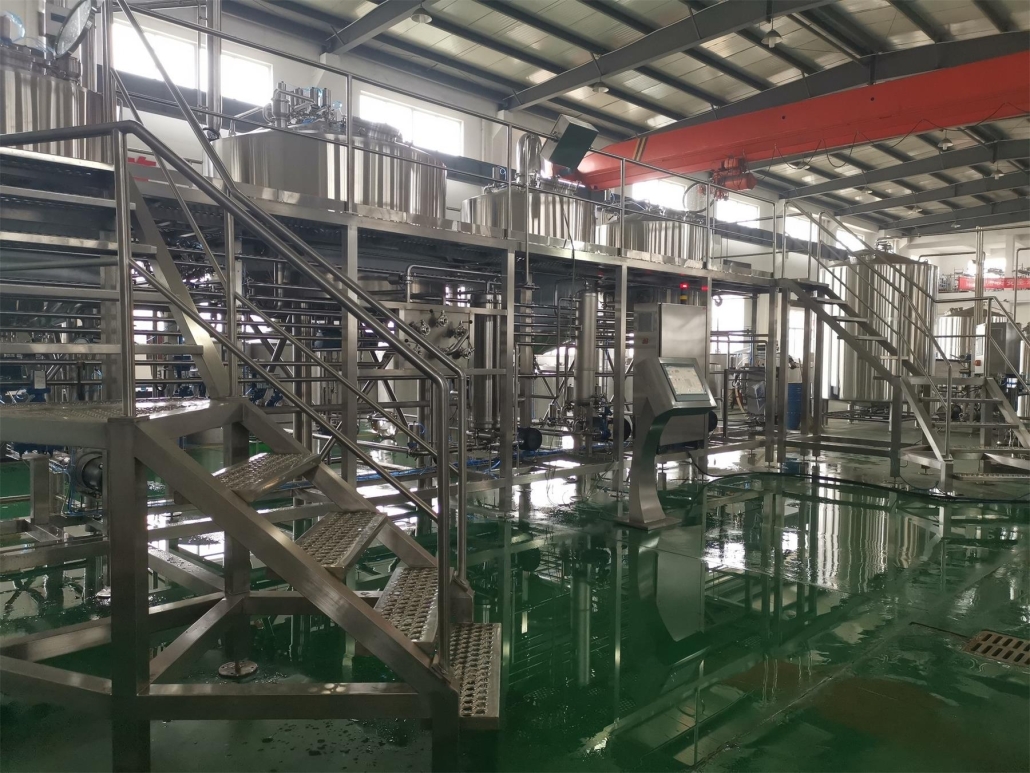
Tips for Maintaining Brewery Lab Equipment
Proper maintenance ensures your lab tools last longer and perform accurately. Here’s how:
- Regular Cleaning: Wash and sanitize tools after every use to avoid contamination.
- Calibration: Check and recalibrate instruments periodically for precision.
- Proper Storage: Store delicate equipment in controlled environments.
- Follow Manufacturer Guidelines: Adhere to maintenance schedules and instructions.
- Staff Training: Ensure employees know how to handle and care for equipment properly.
FAQ
| Question | Answer |
|---|---|
| What is the most essential lab equipment? | pH meters and alcohol analyzers are a must for quality control. |
| How much does brewery lab equipment cost? | Costs vary, ranging from $500 for basics to $50,000+ for advanced systems. |
| Can I start small with lab equipment? | Yes, start with essentials and expand as your brewery grows. |
| How often should equipment be calibrated? | Calibration depends on use but typically every 3-6 months. |
| Is advanced equipment necessary for small breweries? | Not initially, but it’s useful as production scales. |
Frequently Asked Questions (FAQ)
1) What are the top baseline Brewery Lab Equipment items for a new craft brewery?
- Prioritize: calibrated pH meter, hydrometer or densitometer, microscope with hemocytometer, ATP swabs or basic micro plates, and dissolved oxygen (DO) meter for packaging checks.
2) How accurate should my alcohol measurements be for label compliance?
- Aim for ±0.1% ABV with validated methods (e.g., oscillating U-tube density/alcohol meters or distillation + density). Document calibration and verification to meet regulatory standards.
3) Do small breweries really need dissolved oxygen testing?
- Yes. Cold-side DO control is critical for shelf life. Even a handheld DO meter to verify purges, transfers, and packaged DO can significantly improve flavor stability.
4) What’s the most cost-effective way to start microbiological control?
- Start with sterile sampling, plating on selective media (WLN/WLD), incubator, and a microscope for yeast/bacteria checks. Scale to PCR or ATP luminometry as volume grows.
5) How often should I calibrate lab instruments?
- pH meters: daily check with two/three-point buffers. DO meters: before shifts or per-use. Densitometers/alcohol meters: follow manufacturer intervals and verify with certified standards monthly. Maintain a calibration log.
2025 Industry Trends for Brewery Lab Equipment
- Miniaturized QA: Compact benchtop density/ABV meters and handheld DO/CO2 sensors tailored to small breweries.
- Data integration: Bluetooth/Cloud LIMS-lite exporting pH/ABV/DO to digital batch records for audit trails.
- Rapid micro: ATP + selective media workflows, with on-demand PCR kits for diastaticus/Lactobacillus screening.
- Shelf-life focus: Routine packaged oxygen, VDK (diacetyl) forced tests, and sensory triangle tests become standard even at <10,000 bbl/year.
- Sustainability: Lower reagent consumption, recyclable cuvettes, and energy-efficient incubators/autoclaves.
Benchmark Metrics for Brewery QA (2024–2025)
| Metric | Typical Range in Craft | 2025 Target/Best Practice | Impact Area | Source/Notes |
|---|---|---|---|---|
| Packaged DO (ppb) | 30–90 | ≤30 (draft ≤20) | Shelf life | ASBC Beer-17; BA QA |
| Diacetyl (VDK, ppb) | 30–120 | Ales <50; Lagers <30 | Flavor stability | ASBC Beer-25 (forced test) |
| pH (finished beer) | 4.0–4.6 | 4.2–4.5 stable | Micro/Flavor | BA Quality Manual |
| CO2 (volumes) | 2.2–2.7 | Style-appropriate ±0.1 vol | Mouthfeel | Packaging QC |
| Yeast cell count (Mcells/mL at pitch) | 6–12 | Match to 0.5–1.5 Mcells/mL/°P | Attenuation | Supplier tech sheets |
| Water-to-beer ratio | 4.0–6.0:1 | 3.0–3.8:1 with smart CIP | Cost/Sustainability | BA Sustainability |
Authoritative sources:
- Brewers Association Quality and Sustainability: https://www.brewersassociation.org/
- ASBC Methods of Analysis: https://www.asbcnet.org/
- MBAA Technical Quarterly: https://www.mbaa.com/
Latest Research Cases
Case Study 1: Implementing Packaged DO Control with Handheld Meters (2025)
Background: A 7,500 bbl/year brewery experienced flavor fade and increased returns on canned IPA.
Solution: Introduced handheld DO verification at purge, transfer, and filler bowl; shortened brite-to-filler lines; trained staff on CO2 purging SOPs; added LODO checks to batch records.
Results: Packaged DO lowered from 55–80 ppb to 18–28 ppb; shelf-life extended 6–8 weeks at 4°C; returns decreased 24%; sensory panel consistency improved.
Case Study 2: Rapid VDK and Micro Program Reduces Rework (2024)
Background: Intermittent buttery notes in lagers led to rework and tank holds.
Solution: Adopted forced VDK testing (ASBC Beer-25) pre-crash, standardized diacetyl rest criteria, added ATP swabs for CIP verification and WLN plates weekly.
Results: VDK nonconformances −72%; average lager tank time −2.5 days; rework near zero over two quarters; increased annual capacity ~6% without new tanks.
Expert Opinions
- Mary Pellettieri, Quality Consultant; author of “Quality Management for Craft Beer”
“Build a minimal viable lab with pH, DO, and microbiology basics—then document everything. Records turn good habits into a defensible quality system.” - Dr. Tom Shellhammer, Professor of Fermentation Science, Oregon State University
“Dissolved oxygen control and validated VDK testing are the most leverageable measurements for flavor stability in hop-forward beers and lagers.” - John Palmer, Author, “How to Brew”
“Calibration discipline is the cheapest form of accuracy. Fresh buffers, certified standards, and logs keep Brewery Lab Equipment honest.”
Practical Tools/Resources
- Brewers Association Quality Manual and Draught Quality resources
https://www.brewersassociation.org/ - ASBC Methods (Beer-17 DO; Beer-25 VDK; color/turbidity)
https://www.asbcnet.org/ - MBAA TQ articles and webinars on QA, micro, and packaging
https://www.mbaa.com/ - Water and efficiency calculators (U.S. DOE Better Plants)
https://www.energy.gov/ - Yeast suppliers’ QA guides and calculators (Lallemand, Fermentis, White Labs) for counting/viability and pitch rates
Last updated: 2025-08-29
Changelog: Added 5 targeted FAQs, 2025 trend insights with QA benchmark table, two case studies (packaged DO control; VDK/micro program), expert viewpoints, and authoritative tools/resources for Brewery Lab Equipment.
Next review date & triggers: 2026-02-28 or earlier if ASBC/BA update DO or VDK methods, new handheld sensor accuracy data emerges, or regulatory labeling tolerances change.
Share this entry
Interested in learning more about Brewing Systems including additional details and pricing information? Please use the form below to contact us!
YOLONG BREWERY EQUIPMENT FAQS
- Commercial Brewery / Craft Brewery / Microbrewery / Nanobrewery
- What is The Difference Between Craft Beer and Industrial Beer?
- The Bespoke Differences In Custom Brewing Systems
- Everything You Need to Know About Kettle Souring
- How to Choose Brewing Equipment for Your business?
- How To Choose The-Best Partner To Build Your Commercial Microbrewing System?
- Two Detection Sensors That You Need To Use In Your Brewhouse System
- Remote Control Applications in Brewing Equipment/How does it work?
- How To Clean Your Brand New Brewery Tanks?

